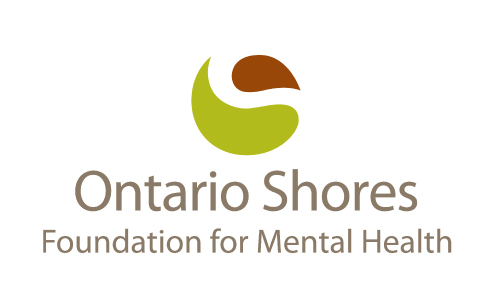Join our Mailing list!
Get all the latest news, upcoming courses, and exclusive deals.
"*" indicates required fields

This microcredential is essential for any interprofessional healthcare worker.
This microcredential is designed to enhance learners skills when delivering human services and better prepare nurses and other medical professionals working in healthcare to self-reflect while providing person-centered care and ethics-based-decision-making principles to a variety of interactions with the public while developing an ethics-informed standard of practice. Participants will learn how to apply ethical principles and communication skills when working with the healthcare team, your patient/clients and their families to resolve values-based conflicts and support the overall recovery process.
In partnership with Ontario Shores Centre for Mental Health Sciences.

Week 1: Welcome
Introduction
Week 2: Introduction to Ethics
Ethics versus Morals
Ethics Levels
Principles of Healthcare Ethics
Decision-Making with Ethics Theory
Week 3: Acting on Ethical Dilemmas
Distinguishing and Identifying Ethical DIlemmas
Roles in Ethical Dilemmas
Moral Justification and Moral Norms
Week 4: Fact Finding in Healthcare Ethics
Sources of Ethical Frameworks
IDEA Framework
A4R & Intention and Impact Tool
Ethical Fact Finding: 4 Box Method
Week 5: Ethics and Forensic Mental Health
Forensic Mental Health
Practice Case Study
Week 6: Adolescence & Mental Healthcare
Pediatric and Adolescent Mental Healthcare
Relational Autonomy
Practice Case Study
Review
"*" indicates required fields